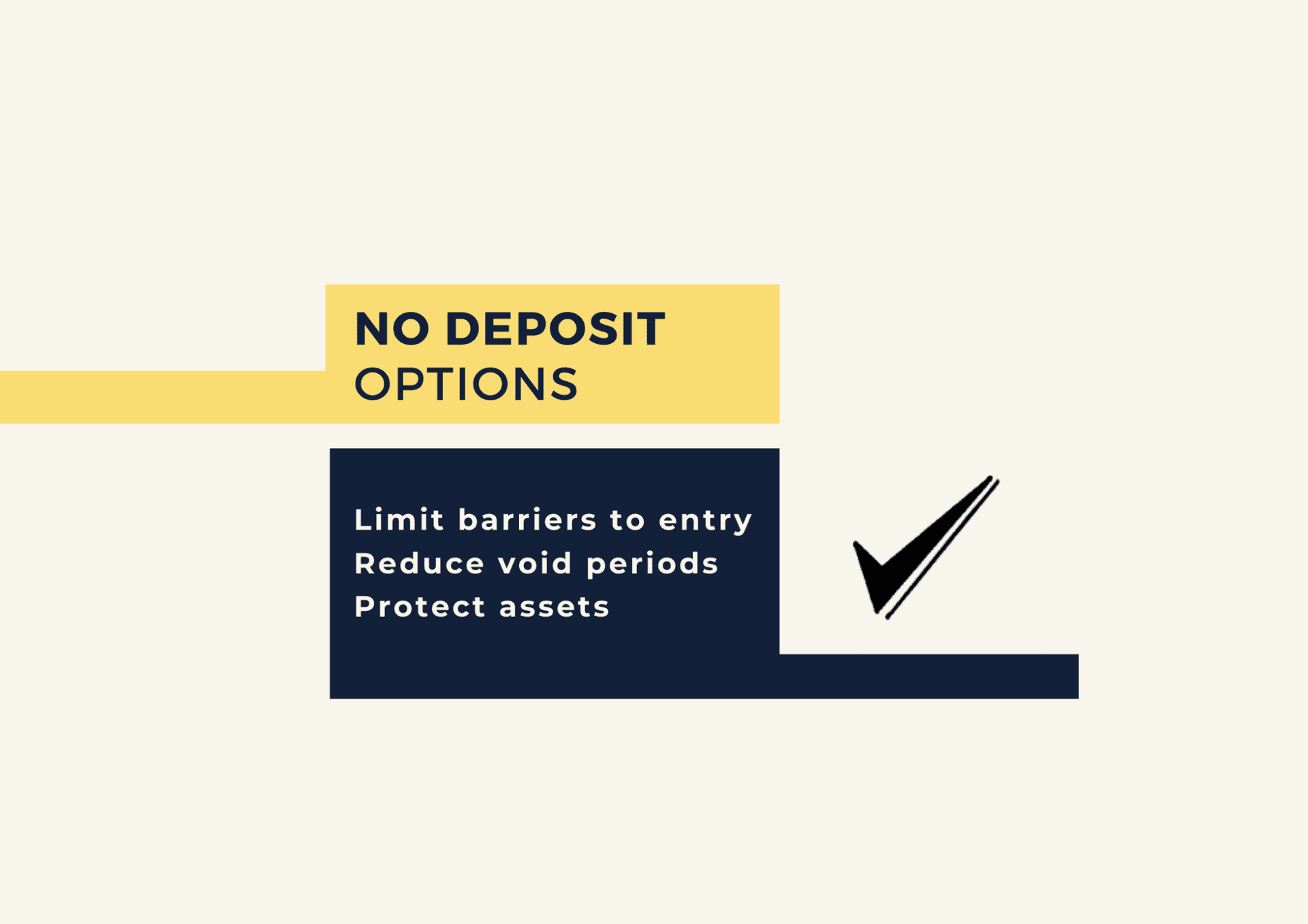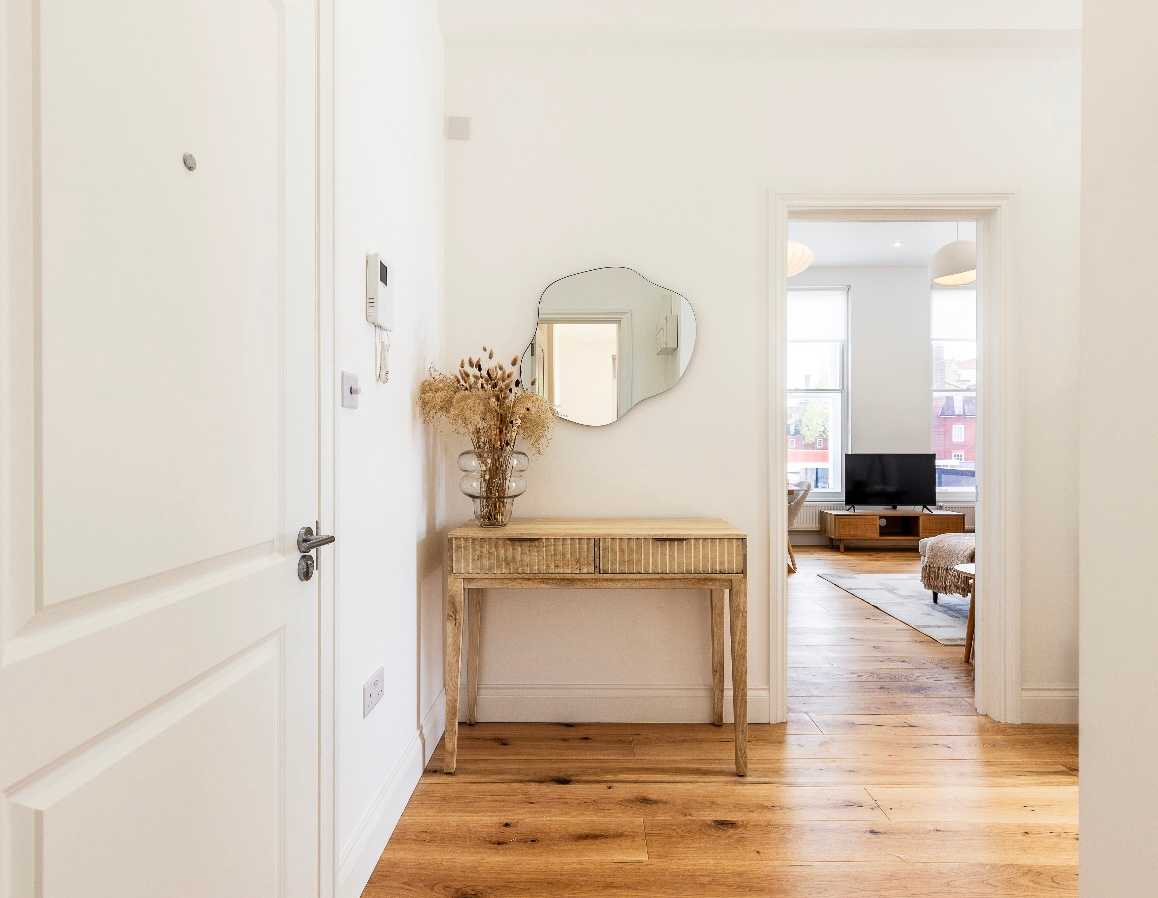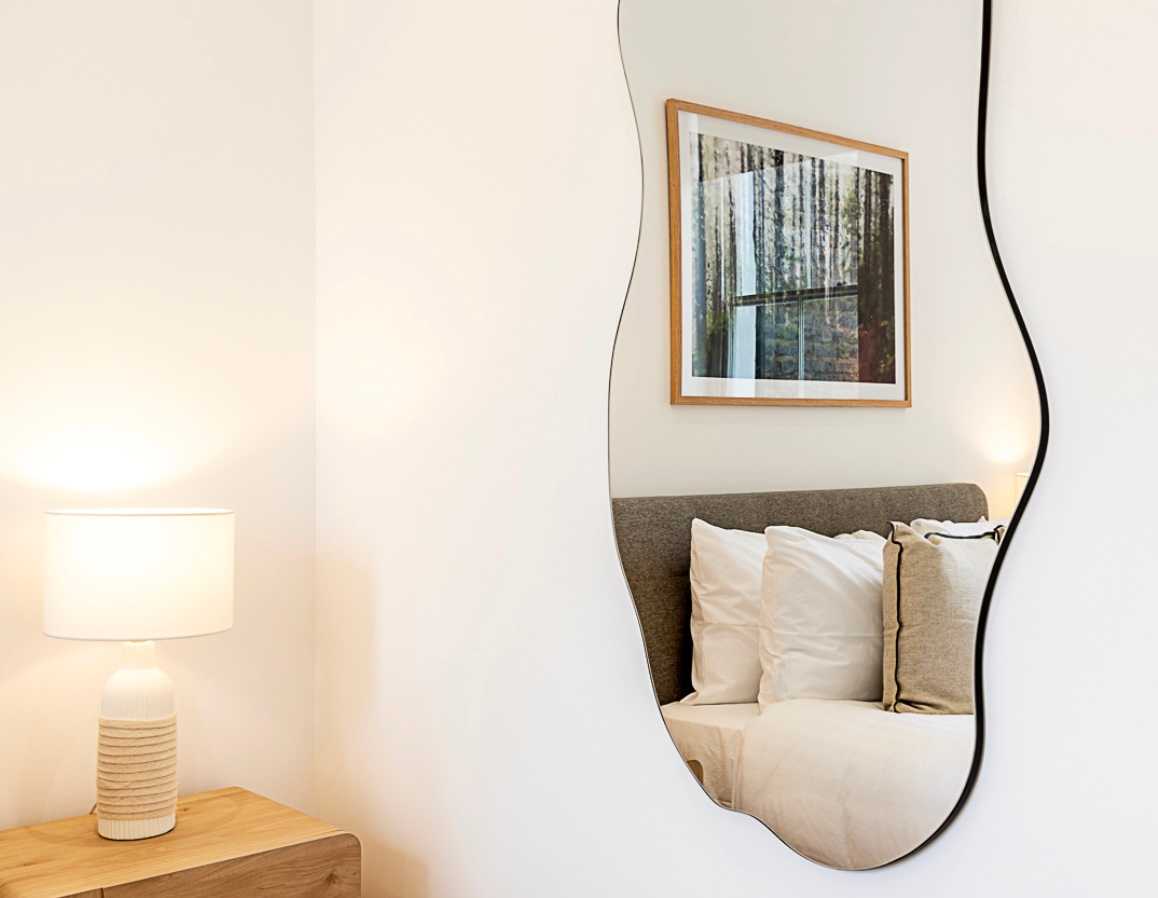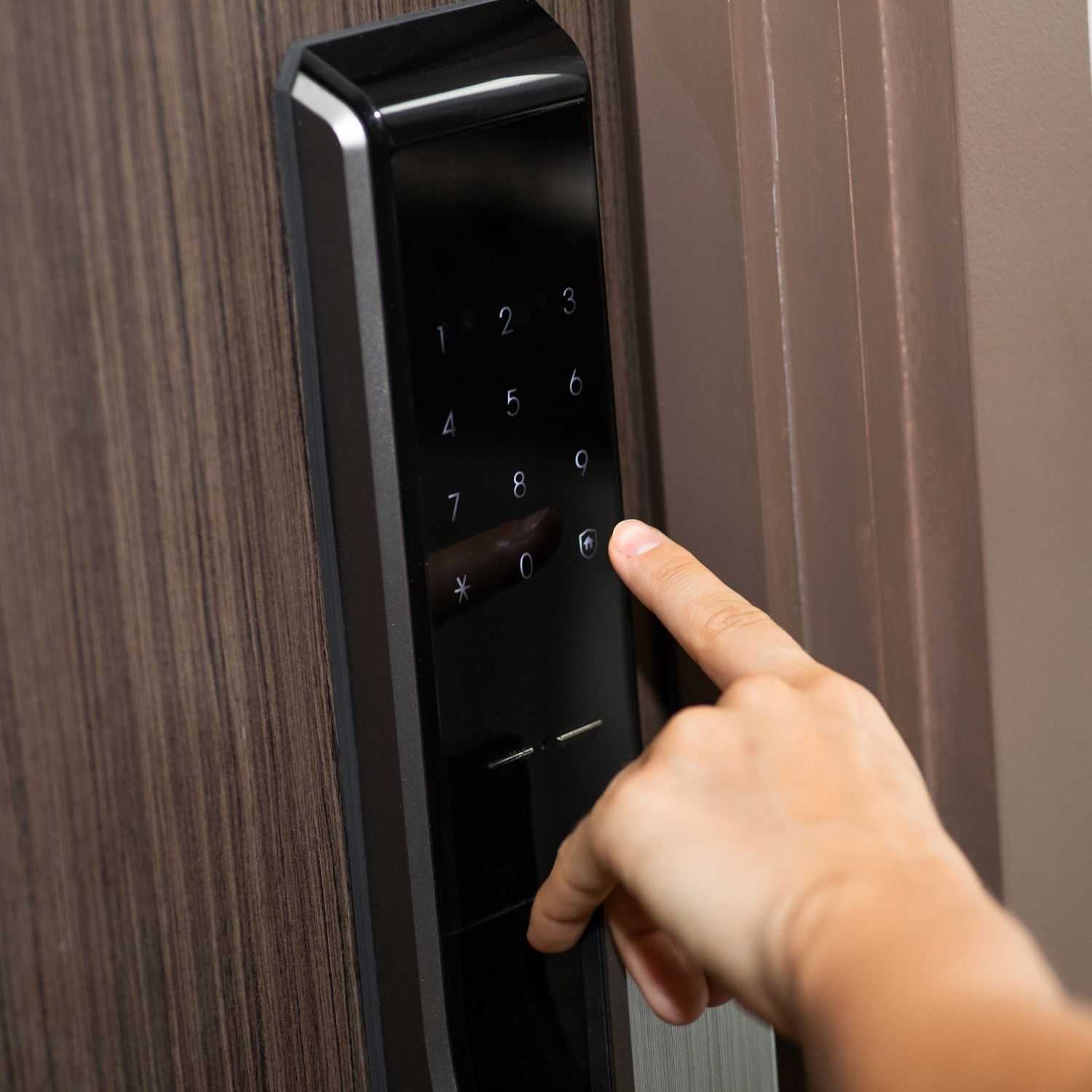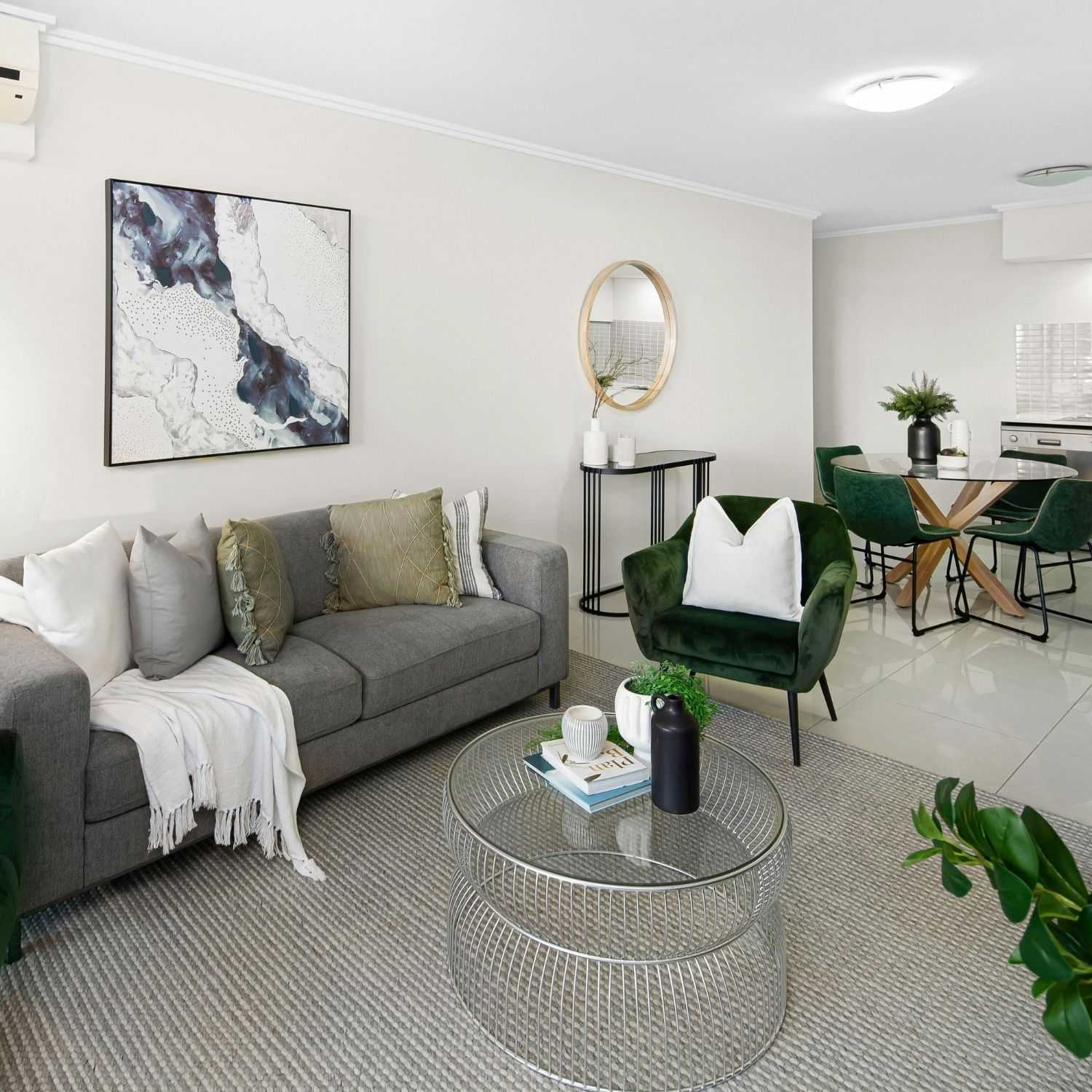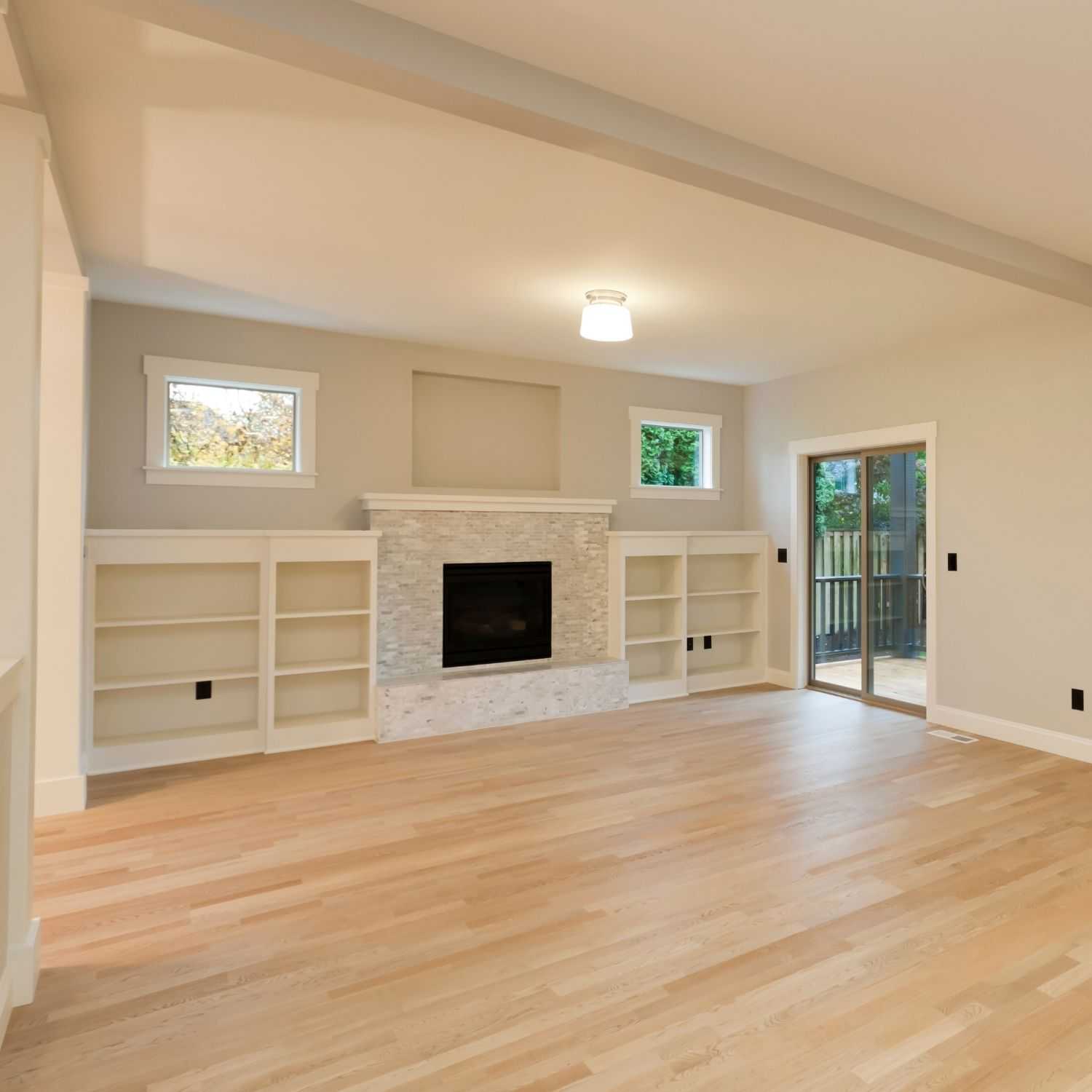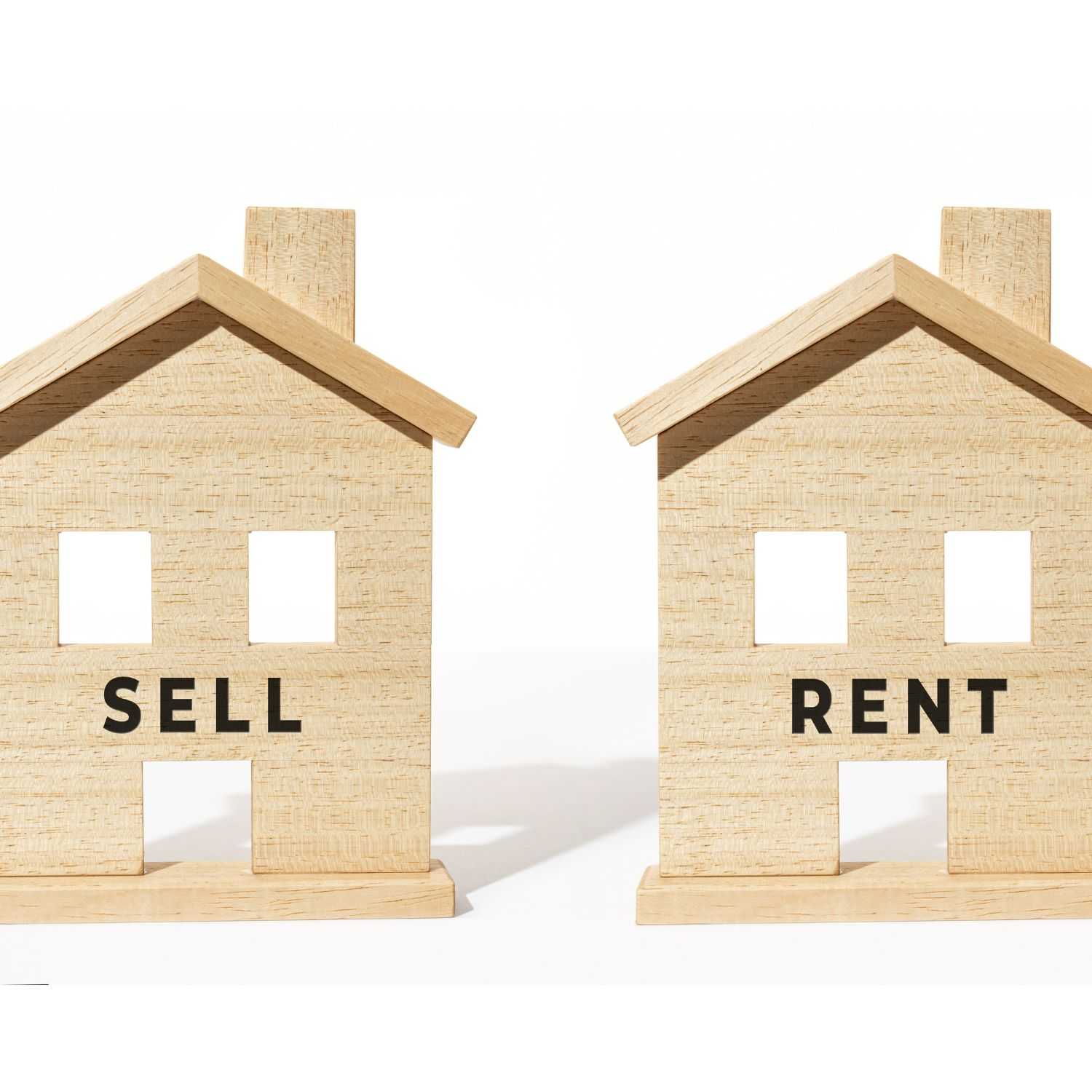Share
There’s no denying that dealing with traditional deposits can often end up being a prolonged and tedious process. Both parties, landlords and residents, take on the administrative burden and it’s not uncommon to experience a lengthier wait than desired.
If only there were an option to make the deposit process a lot simpler, without sacrificing landlord or resident interest.
Enter ‘No Deposit’ schemes.
Here’s a quick breakdown to help landlords like yourself make an informed decision over whether to offer them to your residents.
Flexible solutions for a flexible market
We’re all familiar with the expression ‘one size fits all’ – and traditional deposits certainly follow this rule. But judging by how the rental market is evolving, is this approach really the best way forward?
Times are tough at the moment, so a deposit requiring up to 5 weeks rent upfront when the previous deposit is likely still awaiting resolution isn’t ideal. This can cause real difficulties for both landlords and residents including the creation of more barriers to renting, a slower move in/out process, in turn leading to a greater likelihood of void periods.
No deposit schemes offer an alternative option. They’re similar to the traditional model in that both landlords and residents are protected, but the difference is, residents only need to pay an upfront fee equivalent to 1 weeks’ rent. Despite not having to pay a large deposit, they are still accountable for any arrears or damage on their part, they just have to pay out the amount owed at the end of the tenancy.
So, why is this option useful for landlords? It lets you:
- Evolve alongside the shifts in rental culture.
Flexible living is becoming the new norm and it extends beyond work from home stations and outdoor space. At City Relay, we’ve seen a notable shift in behaviour in the rental market. Short lets are becoming longer, long lets are becoming shorter and last minute moves are becoming increasingly popular. What does this mean? Residents want to be able to move quickly and flexibly. Properties that offer deposit options that respond to this need will likely reap the rewards. - Widen the pool of interest in your portfolio by lowering the barriers to entry.
Agents are reporting that more and more residents are asking for no deposit options. This trend is also reflected online, where properties with no deposit alternatives have 25% more click-throughs. Clearly this is something residents are interested in. Properties that offer an alternative to the traditional deposit are likely to appeal to more people and will help you gain a competitive edge. - Speed up the move in process and reduce void periods.
In providing residents with more flexibility and choice while removing the burden of having to pay up to 5 weeks rent up front, properties are likely to be let faster and with fewer void periods. It’s a win-win solution.
All in all, it comes down to flexibility and choice. Providing residents with the opportunity to choose between a no deposit option or traditional deposit makes your property portfolio more accessible to more people.
But are landlords really protected?
When considering alternative options to the traditional deposit, it’s reasonable for landlords like yourself to ask, ‘but is it actually secure?’, ‘are my interests really protected?’ and ‘should I trust this option?’.
The answer is yes.
In fact, in some cases, landlords are offered even more protection than they would be through the traditional process. Flatfair, a no deposit scheme we work with, offers landlords up to 10 weeks protection, double the amount they would otherwise receive.
On top of this, the speed of recovery for any charges that are agreed is rapid and landlords are normally paid back any charges they’re owed in under 10 days. If no resolution can be reached, like with traditional deposits, the case is sent to government backed independent adjudicators and resolved in 28 days or less. While schemes like Flatfair aren’t insurance policies, they are backed by insurance, so landlords can rest easy knowing their assets are protected.
Of course, residents who use the no deposit scheme also need to pass referencing to ensure they can actually cover any costs that come up.
No deposit options are here to stay
If one thing’s for certain in these uncertain times, it’s that no deposit options are here for the long haul.
Since the pandemic, and even before, there has been a notable and steady increase in the uptake of no deposit schemes. Despite COVID, they’re still here and they’re only gaining in momentum, proving that this alternative has its foot firmly in the market. Flatfair has even reported an ongoing 15% growth per month.
The no deposit option might not be for everyone, but when offered as an alternative alongside the traditional deposit, residents have more flexibility and choice, which in turn, has the potential to benefit landlords significantly.
If no deposit schemes have caught your interest, you can find out more by speaking to our team.
